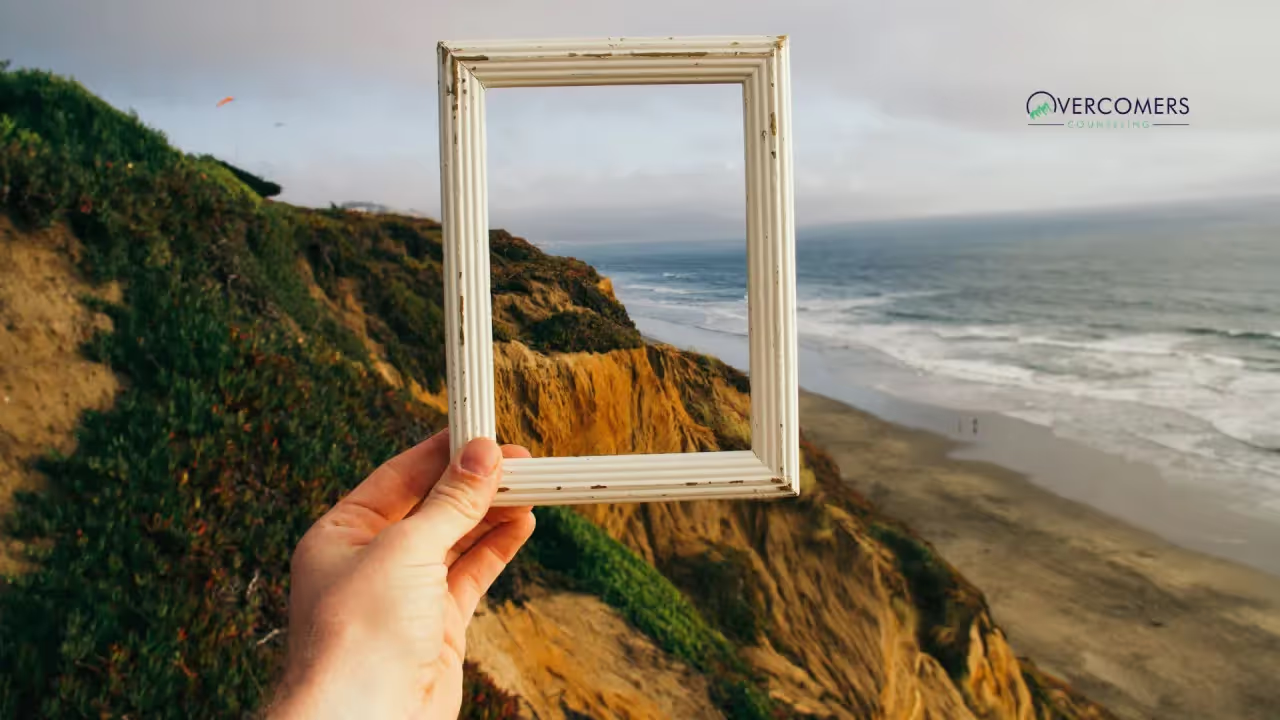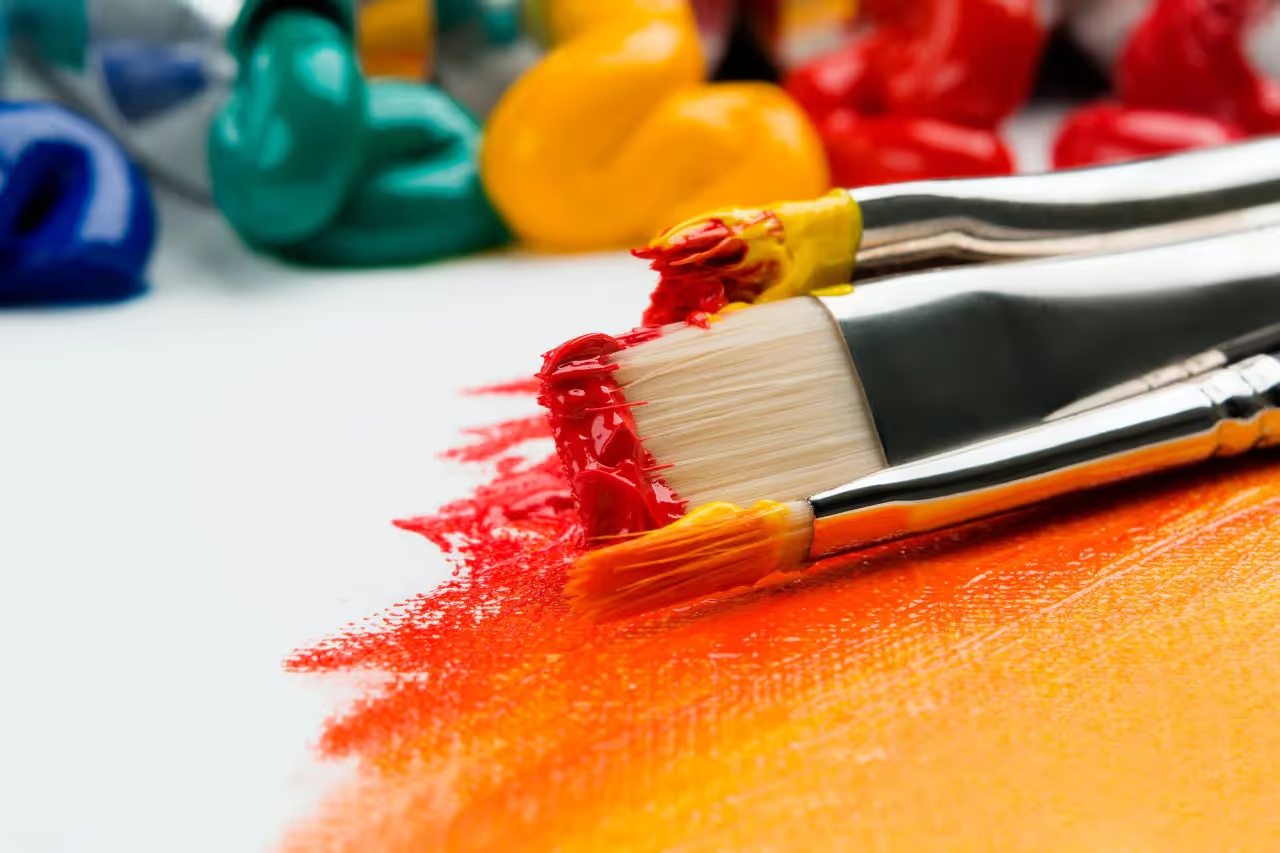Depression can have extreme effects.From making you feel alone and isolated, to physical tolls being taken on your body.Depression doesn't choose specific...

Depression can have extreme effects.
From making you feel alone and isolated, to physical tolls being taken on your body.
Depression doesn't choose specific people to target. Like most other diseases, it will go after anyone it can get within its grasp.
So how would you handle your depression?
Being creative as an outlet for depression is gaining traction in today's times.
Creativity will lead to euphoric feelings of peace, relaxation, happiness, and productivity.
Vincent van Gogh, Jackson Pollock, Adam Levine, and Kurt Cobain are just a few famous artists, who use creativity to battle depression.
For a long time, creativity has been encouraged as a technique for promoting mental health and well-being.
In reality, many artists and authors have used their craft to deal with personal mental health challenges.
But how precisely does creativity help with depression treatment?
What are some creative hobbies that can help those suffering from depression?
In this blog, we will discuss some of the ways you can use creativity to battle depression.
First, consider why creativity can be so useful for those people who are suffering from depression.
Creativity provides for self-expression as well as a sense of purpose and accomplishment.
Engaging in a creative activity can also help to divert one's attention away from unpleasant thoughts and feelings, giving one a much-needed respite from the incessant ruminating that frequently comes with depression.
Creativity can also be used to explore and process feelings that are difficult to express verbally.
It can lead to a better understanding of oneself and one's experiences, resulting in more self-awareness and self-acceptance.
Creative activities have been found in studies to raise dopamine levels in the brain. Dopamine is a neurotransmitter linked to pleasure, motivation, and reward.
There are tons of creative hobbies that might be beneficial to any person who is suffering from depression.

Writing can be a great and powerful way for processing emotions and gaining insight or introspection into one's own experiences.
Keeping a journal, blogging, writing poetry, fiction, or nonfiction can bring light and aid in the processing of painful emotions.
Sometimes when you put a pen to paper, or your fingers on the keys, you will uncover the feelings that your mouth couldn't muster up, or your brain couldn't process.
Painting, sculpting, and other forms of visual art can be of great use to people who struggle to express themselves verbally.
Art can provide a sense of control as well as an outlet for interior sentiments and experiences.
Music: Listening to or making music can drastically increase your mood.
Music has been proven to increase dopamine levels, thus increasing the "happiness drug" located within your brain.
Many youths go to music festivals as they can create a sense of community, and joy, which also leads to amazing depression-fighting experiences.
Dance, like music, can bring a sense of freedom and self-expression while releasing pent-up emotions.
It can also be a pleasant way to get some exercise, which is beneficial to one's mental health in general.
Knitting, crocheting, and other forms of crafting may be peaceful and relaxing.
The repeated motions can be relaxing, and they can also bring a sense of success as you have something to wear or show off to friends.
Video and photo projects: By taking yourself away from the focus of your attention, you will be adjusting your focus towards a new muse.
By doing this you will have other topics to emotionally invest in, thus removing the depression, even momentarily.
While engaging in creative pursuits can help with depression, there are some things that you should always keep in mind
Set realistic goals: Don't put yourself under too much pressure to make a masterpiece.
The idea is not to produce something flawless, but to engage in an activity that brings you joy and a sense of success.
Most artists and creative people have their system for creating and no two people or time frames will be the same.
Be kind to yourself: Depression can make finding motivation and energy difficult.
Don't be too hard on yourself if you're not feeling particularly creative one day.
It's fine to take a break and return to your creative activity when you're feeling more motivated.
Don't isolate yourself: While artistic hobbies can provide comfort and tranquility, it's equally necessary to connect with others.
Joining a creative organization or taking a class can be a great way to meet new people and establish a community.
While sticking to activities you know and love might be reassuring, trying something new can also help to generate creativity and inspiration.
Consider learning a new art form or enrolling in a class on a topic that interests you.
Make it a regular habit: Incorporating creativity into your daily or weekly routine can help develop a sense of discipline and regularity, which can help with depression management.
Make time each day or week to indulge in your chosen creative endeavor.
Use it as a self-care tool: Self-care is an important way of dealing with depression.
Participating in a creative activity can be a kind of self-care, providing a reprieve from stressful situations.
Don't compare yourself to others: In today's social media-driven environment, it can be tempting to compare your creative output to that of others.
Remember that everyone has their own unique journey and that the goal is to build something that brings you joy, not something that is better than someone else's.
So try not to let it be competition, every creative work can be enjoyed as it's totally unique and beautiful.
Don't place standards of beauty on your work or the work of others as it will mostly lead to disappointment.
Seek professional help if necessary: While creativity can be a great tool for managing depression, it is not a replacement for professional help.
If you are depressed, consider getting therapy or medication, as well as incorporating creative hobbies into your daily routine.
Overall, using creativity to battle depression will be a pleasant and empowering experience.
Writing, painting, dancing, or crafts are all examples of creative activities that can bring a sense of purpose, accomplishment, and self-expression.
Remember to be kind to yourself, make reasonable goals, and don't compare your creative art to other people's.
Incorporating creativity into your routine can help ease some of the symptoms of depression and enhance general well-being with time and experience.
And as always, if you feel lost or like you don't know what direction to go and you need someone to help you, it's a great idea to reach out to professionals.
They will have the know-how, experience, and tips to not only make you feel more comfortable but also to lead you into the next steps of overcoming your depression.
https://www.verywellmind.com/the-link-between-depression-and-creativity-5094193
Addressing depression is crucial because it can significantly impact your quality of life, overall well-being, and ability to function in daily activities. Left untreated, depression can lead to more severe mental health issues, relationship problems, and physical health complications.
If your symptoms of depression have been persistent and interfere with your daily life, it's important to seek help from a mental health professional. It's also a good idea to get medical advice if you experience any thoughts of self-harm or suicide.
Ignoring depression can exacerbate symptoms and make it more challenging to manage over time. This can result in a negative impact on your personal, professional, and social life, leading to feelings of isolation and even thoughts of self-harm or suicide.
Yes! There are many effective natural remedies that may be beneficial in managing depressive symptoms, such as participating in regular physical activity, changing your diet, getting adequate sleep, practicing relaxation techniques like yoga or meditation, journaling about your feelings/thoughts/emotions, seeking out social activities/support groups with other individuals struggling with similar issues
The duration of depression counseling varies for each individual, depending on the severity of their depression and their progress in therapy. Our therapists will regularly assess your progress and adjust your treatment plan as needed.
Yes! In fact, it's encouraged that you open up to your therapist so they can gain deeper insight into your individual situation and develop the most effective treatment plan possible that works best for you. Your therapist is there to serve as an unbiased source of support who will respect any thoughts or feelings shared within the session without judgment or criticism.